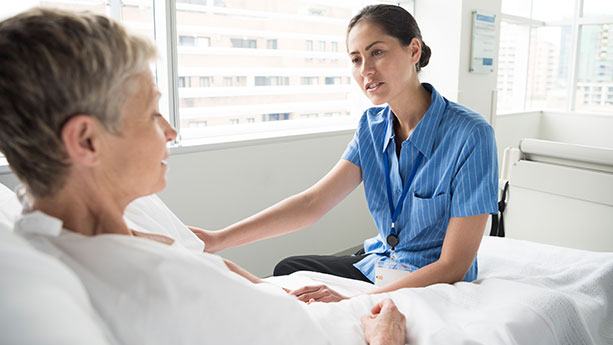Sutter’s nationally recognized Center for Liver Disease Management and Transplantation serves as a collaborative hub for liver disease care and research, providing access to internationally known liver specialists and investigational therapies. We provide compassionate and comprehensive evaluation and diagnostics at our center at California Pacific Medical Center (CPMC) in San Francisco and at 12 satellite offices in Northern California.
Highly specialized hepatologists lead focused disease-management programs for each major liver disease, including:
- Acute liver failure
- Alcoholic liver disease
- Autoimmune liver disease
- Cirrhosis
- Fatty liver disease
- Hepatitis B
- Hepatitis C
- Liver cancer
Sutter care centers have a comprehensive liver disease research program that provides our patients access to many clinical trials focused on new therapies, devices and antiviral agents in the areas of viral hepatitis, liver cancer, gastroenterology and liver transplantation.
The liver disease management and transplant team at CPMC has achieved national recognition in patient outcomes and research, including the following distinctions:
- Recognized by the Scientific Registry of Transplant Recipients in 2014 as the only liver and kidney transplant program in the nation to exceed better-than-expected patient outcomes.
- Awarded the U.S. Department of Health and Human Services Transplant Program Award at Silver level in 2012, one of five out of 137 recognized as an exemplary liver transplant program.
- Serves as one of 15 sites in the United States selected to participate in the National Institutes of Health's Hepatitis B Research Network, bringing together clinical centers with expertise in caring for patients with chronic hepatitis B virus infection.












